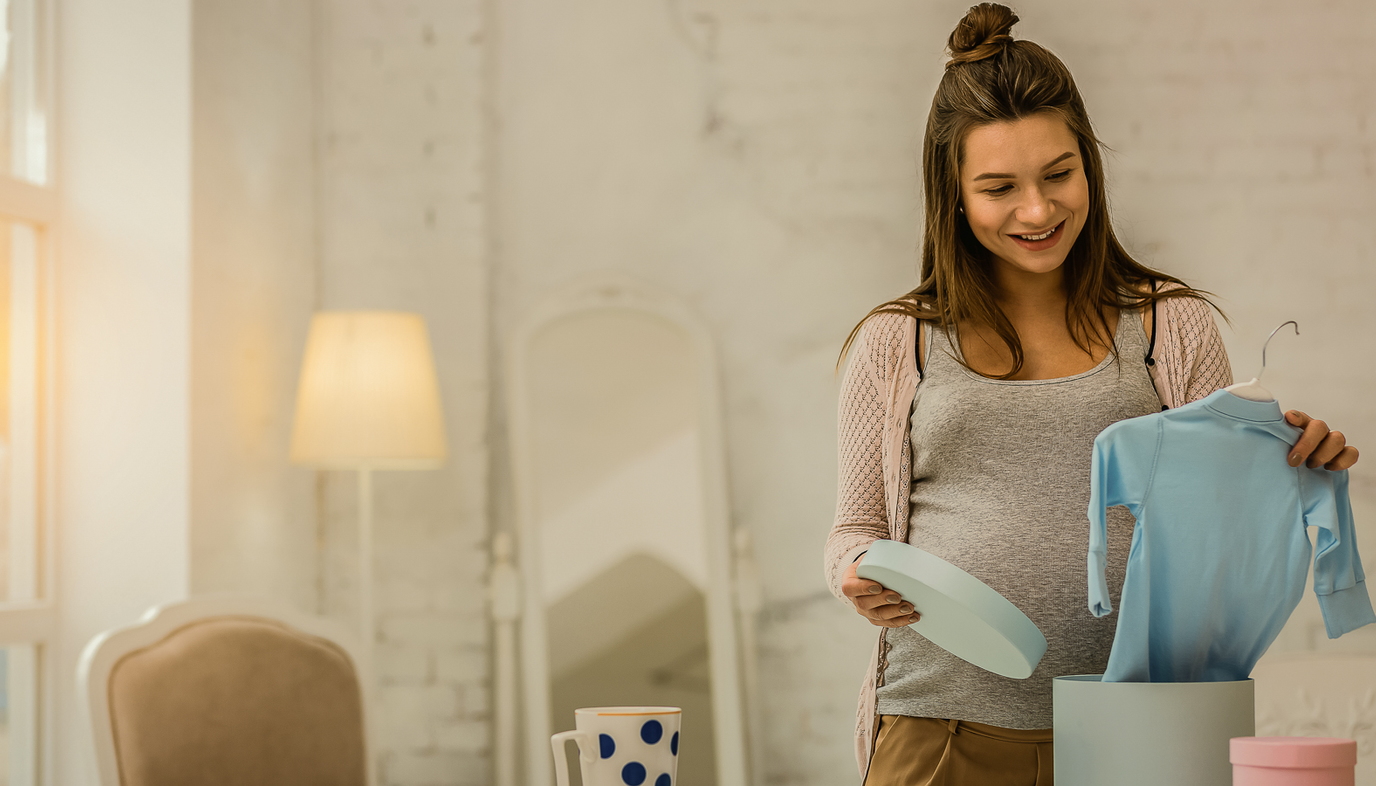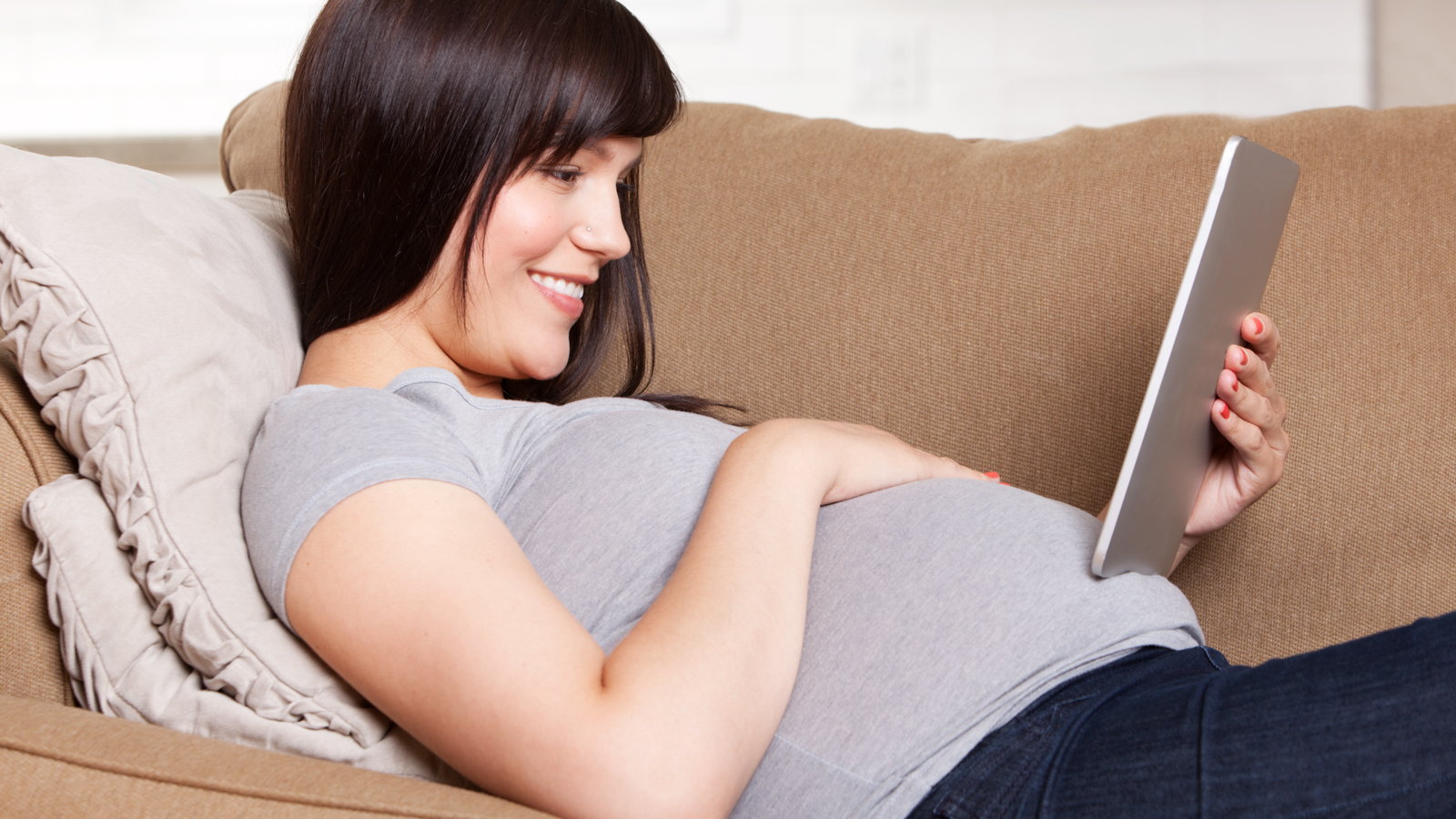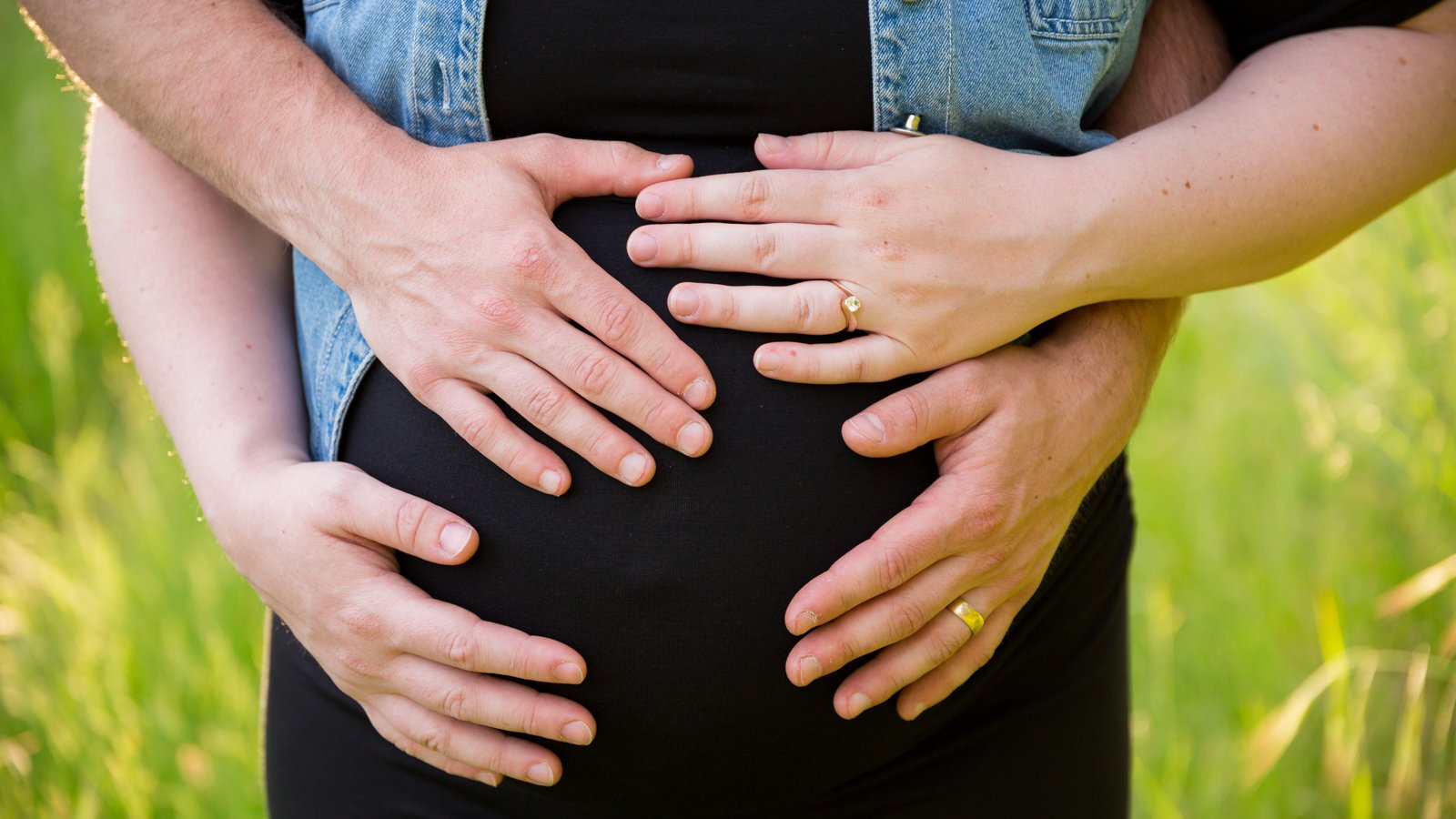
Congratulations on entering your third trimester! You’re in the home stretch of an incredible physical and emotional journey for you and your partner. Now is the time to rest up and prepare yourselves for the major event ahead – the birth of your baby – and for all of the exciting milestones to follow.
Physical Changes in the Third Trimester
At this point in your pregnancy, your baby will begin putting on body fat somewhat rapidly to prepare for life in the outside world. And forget about those little flutters you once felt inside – now the baby’s kicks are so strong that people will probably be able to see them from the outside.
As you get closer to your due date you may start to feel increasingly uncomfortable. That’s because your baby is growing and starting to crowd out some of your other organs. The baby may press down on your bladder, causing you to need to go to the bathroom more often. You’ll find that there’s less room in your stomach for a big meal, and your lungs have less capacity to do much physical exertion.

One symptom that may come as a surprise when you first feel it is a so-called Braxton-Hicks contraction or a practice contraction. These contractions are one way that your body rehearses for the big event, but they do not mean that labor is actually starting. Unlike real contractions, which are regular and grow steadily stronger, Braxton-Hicks contractions are irregular, sporadic, and relatively painless. If the contractions make you uncomfortable, try changing positions or drinking some water to make sure you are not dehydrated.
Doctor’s Visits in the Third Trimester
At the beginning of the third trimester, you will probably see your doctor every two weeks, and by the final six weeks, you will probably go every week and/or every few days. Your doctor will continue to monitor your weight and blood pressure, and you may have an additional ultrasound to check the baby’s position. Toward the end, your doctor will most likely do a vaginal exam to feel the position of your baby’s head and check the condition of your cervix.
One common test given during the third trimester is the glucose tolerance test, which is a screening test for gestational diabetes. You may be asked to drink a special glucose drink or eat specific sugary foods for breakfast before this blood test is given. The test will assess how well your body is processing glucose and whether you need additional testing or treatment for gestational diabetes. Toward the end, your doctor will probably give you a Group B Strep test, which is a vaginal and rectal swab to test for bacteria that could possibly harm your baby during delivery. If you test positive, you may be given antibiotics during labor.

At this point, you should have your doctor’s phone number on hand and be prepared to call if you have any symptoms that cause concern. You should call your doctor if you have contractions at regular intervals that are getting stronger; if you have a persistent lower back ache; if you have any kind of irregular discharge; or any other symptoms that don’t feel “right.”
Keeping Healthy in the Third Trimester
Now’s the time to keep eating healthy foods and getting rest while you can. During your third trimester, you may have vivid dreams that relate to anxiety about your baby. This is quite normal given the changes that lie ahead. During the daytime, try to do as many things as you can to reassure yourself and feel prepared. Take a childbirth preparation class with your partner. Decide what kind of birth you want to have or what kind of pain relief you want during labor. Take a tour and pre-register at the hospital; pack your hospital bag; have some infant clothes and diapers on hand; collect the phone numbers of everyone you will want to call. Last but not least, don’t forget to have an infant car seat installed and ready to go. It may seem like you have a lot to remember, but the better prepared you are when the baby does come, the more you will be able to relax and enjoy your little one. Before you know it, your pregnancy discomforts will all be forgotten as you hold your new baby in your arms.
